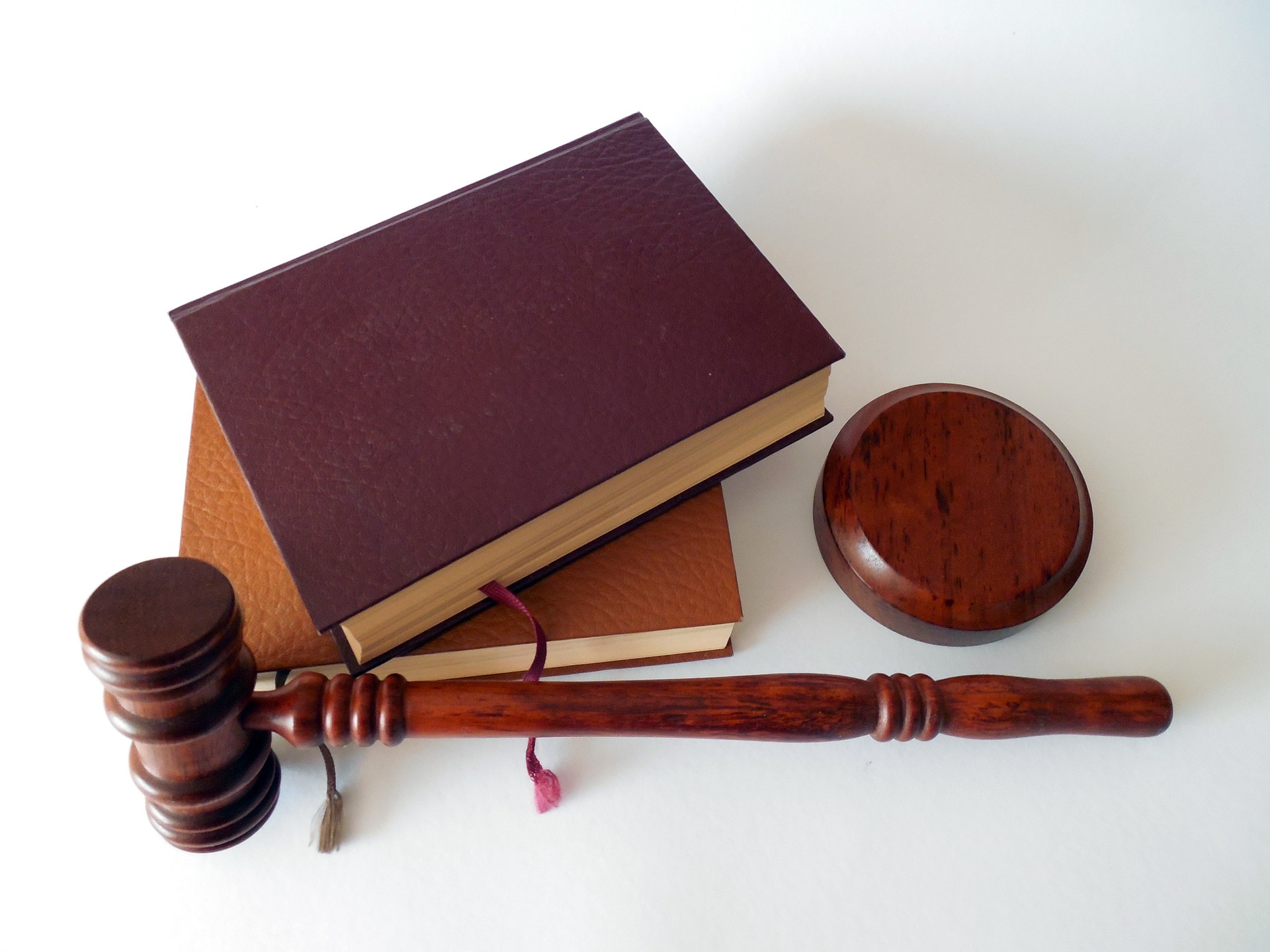Decoding the Doctrine of Qualified Immunity: A Contemporary Analysis
The doctrine of qualified immunity, a controversial legal principle in the United States, often becomes a talking point in discussions on legal reform. This article will delve into the historical roots of this doctrine, its current application, and the implications it has for society.
A Historical Overview of Qualified Immunity
The doctrine of qualified immunity finds its roots in the United States’ Civil Rights Act of 1871. The Act was designed to protect citizens from abuses of power by government officials, particularly in the turbulent period following the Civil War. Over time, however, court interpretations have led to the development of the qualified immunity doctrine, which offers protection to government officials, including law enforcement officers, from being held personally liable for actions performed in the course of their duties, provided they did not violate “clearly established” law.
The Modern-Day Application of Qualified Immunity
Over the past few decades, the Supreme Court has consistently reinforced and expanded the scope of qualified immunity. In the landmark case of Harlow v. Fitzgerald (1982), the court established the standard of “objective legal reasonableness,” stating that officials are immune from liability unless they violate rights that are clearly established in light of existing law. This standard, however, has proven contentious and difficult to apply consistently, leading to calls for reform or even abolition of the doctrine.
The Role of Qualified Immunity in Recent Legal Debates
Qualified immunity has been a focal point in many recent legal debates, particularly in the context of police misconduct and the broader movement for criminal justice reform. Critics argue that the doctrine shields law enforcement officers from being held accountable for their actions, while proponents claim that it is essential to protect officers from frivolous lawsuits and allow them to perform their duties effectively.
The Implications and Impact on Society
The impact of qualified immunity on society is significant. It affects the relationship between law enforcement and the public, and it shapes the conversation around police accountability and reform. The doctrine’s critics argue that it contributes to a culture of impunity within law enforcement, undermining public trust and hindering efforts to hold officers accountable. Conversely, supporters of the doctrine argue that it provides necessary protection for officers who must make split-second decisions in high-pressure situations.
The Future of Qualified Immunity
The future of qualified immunity is uncertain. Some legal experts advocate for its complete abolition, while others propose a reform that would strike a balance between holding officials accountable and protecting them from unreasonable litigation. As the debate continues, it is clear that any changes to the doctrine will have profound implications for the legal landscape and society at large.
In conclusion, the doctrine of qualified immunity is a complex and multifaceted issue with deep historical roots and significant implications for the present and future. While it continues to be a topic of intense debate, it is vital that we strive to understand this doctrine in its entirety, appreciating its nuances and implications for the broader legal and societal context.





